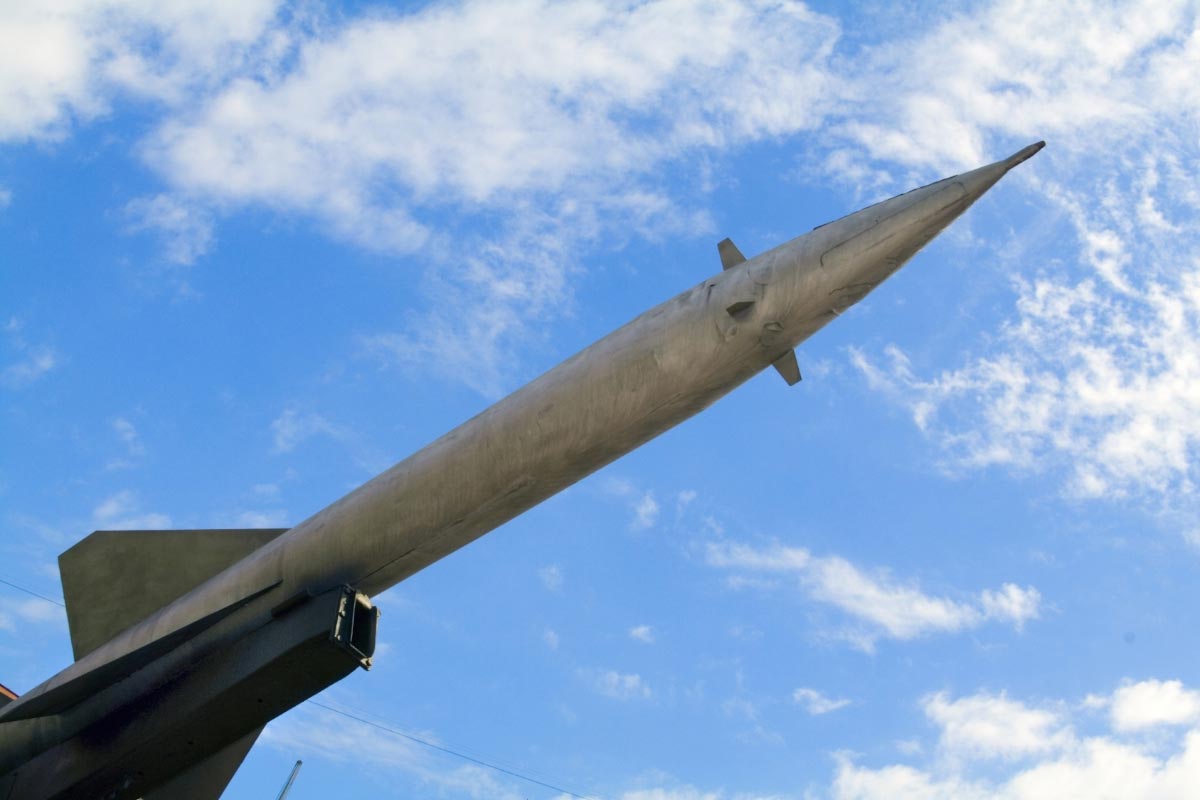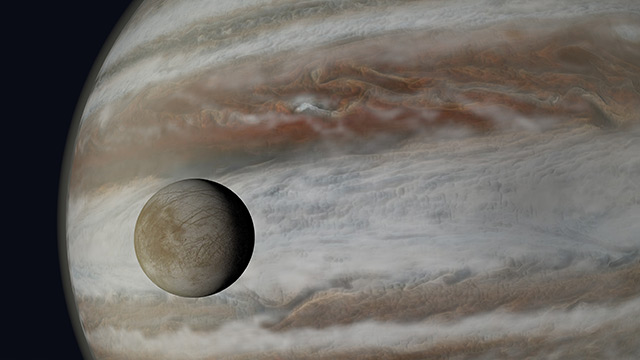Primates were among the first animals sent into space, and now, they may also be the first animals to set foot on Mars.
Researchers from the Russian Academy Of Science are training four rhesus macaques to venture into space and land on Mars, though it’s not yet known whether the animals will stay there or return home.
The monkeys’ training exercises include using a joystick and solving puzzles. The monkeys are expected to man a mission within two years.
How to train a monkey for space exploration
The primates involved in the study aren’t your typical run-of-the-mill Old World Monkeys. They are hand-reared in special farms, where only the most intelligent monkeys are selected to participate in the program.
All four of the rhesus macaques in the current project were selected for their comprehension skills. Every day, a team, headed by Inessa Kozlovskaya, tries to teach the monkeys how to control a joystick and hit a specific target featured by a cursor. Whenever the monkeys successfully hit the target, they are rewarded with a sip of juice.
Once the monkeys master the task of controlling a joystick, they will go on to complete more challenging tasks involving mathematics and puzzles. By the end of the training, the monkeys should have been able to complete a daily schedule on their own. The researchers hope the monkeys will be fully trained by the end of 2017.
The goal of the program isn’t just to train the monkeys to complete various tasks, but also to ensure they can remember how to perform those tasks. “What we are trying to do is to make them as intelligent as possible so we can use them to explore space beyond our orbit,” Dr. Kozlovskaya told sources.
The researchers aim to train other monkeys in time to add more to the team. Macaques have an average lifespan of twenty-five years. The scientists hope they have enough time, not just to train the monkeys, but to ensure that they survive the six-month trip to Mars.
A history of animal space flight
Animal testing continues to be a very complex ethical debate. Without testing animals for manned space flight, we’d know a lot less about space. They performed tasks humans were not willing to undertake, and many died in the process. Fortunately, animals are now treated with more respect and consideration; this wasn’t always the case, however. In the early days of space flight, animals were sent on one-way tickets into the great unknown. Whenever animals did manage to return to Earth alive, they often died in the crash landings.
The first primate in space was a rhesus monkey named Albert 1. He was launched on June 11, 1948 from White Sands, New Mexico, on a V-2 rocket. Unfortunately, Albert 1 didn’t survive the flight, but died of suffocation halfway through the trip. He received very little attention from the press.
A mere three days later, another rhesus monkey, Albert 11, was launched into space on a second V-2 rocket. The animal also perished, though the cause of death remains unknown. Some believe the monkey died due to a parachute malfunction.
On September 20, 1951, a monkey named Yorick was launched on the Aerobee rocket from the Holloman Air Force Base in New Mexico. Yorick, along with 11 mice, survived the space flight. They were the first animals to survive a rocket flight, and this time, the press took notice.
Humanity owes an enormous debt to primates when it comes to space exploration. Just as primates helped us go to the moon, they may soon help us go to Mars.
Sources include:
DailyMail.Co.uk
FromQuarksToQuasars.com
















